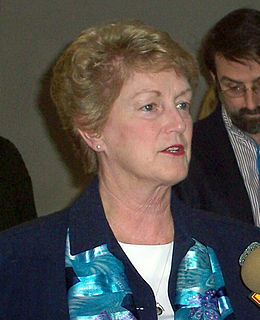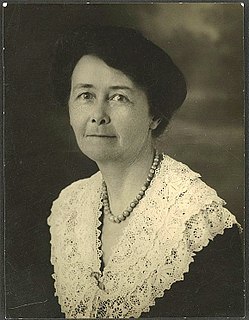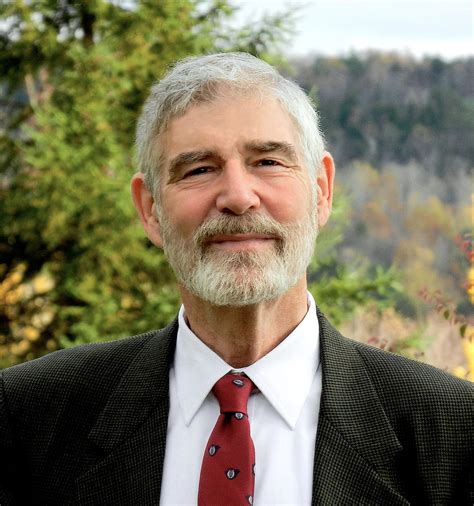A Quote by Leigh Hunt
Tears and sorrows and losses are a part of what must be experienced in this present state of life: some for our manifest good, and ail, therefore, it is trusted, for our good concealed;--for our final and greatest good.
Related Quotes
Nothing that is worth doing can be achieved in our lifetime; therefore we must be saved by hope. Nothing which is true or beautiful or good makes complete sense in any immediate context of history; therefore we must be saved by faith. Nothing we do, however virtuous, can be accomplished alone; therefore we must be saved by love. No virtuous act is quite as virtuous from the standpoint of our friend or foe as it is from our standpoint. Therefore we must be saved by the final form of love which is forgiveness.
Whatsoever is good for God's children they shall have it, for all is theirs to further them to heaven; therefore, if poverty be good, they shall have it; if disgrace be good, they shall have it; if crosses be good, they shall have them; if misery be good, they shall have it; for all is ours, to serve for our greatest good.
Filial obedience is the first and greatest requisite of a state; by this we become good subjects to our emperors, capable of behaving with just subordination to our superiors, and grateful dependents on heaven; by this we become fonder of marriage, in order to be capable of exacting obedience from others in our turn; by this we become good magistrates, for early submission is the truest lesson to those who would learn to rule. By this the whole state may be said to resemble one family.
Friends are an indispensable part of a meaningful life. They are the ones who share our burdens and multiply our blessings. A true friend sticks by us in our joys and sorrows. In good times and bad, we need friends who will pray for us, listen to us, and lend a comforting hand and an understanding ear when needed.
Since the purpose of reading, of education, is to become good, our most important task is to choose the right books. Our personal set of stories, our canon, shapes our lives. I believe it is a law of the universe that we will not rise above our canon. Our canon is part of us, deeply, subconsciously. And the characters and teachings in our canon shape our characters--good, evil, mediocre, or great.
If the state cannot be entirely composed of good men, and yet each citizen is expected to do his own business well, and must therefore have virtue, still inasmuch as all the citizens cannot be alike, the virtue of the citizen and of the good man cannot coincide. All must have the virtue of the good citizen - thus, and thus only, can the state be perfect; but they will not have the virtue of a good man, unless we assume that in the good state all the citizens must be good.
A good piece of fiction, in my view, does not offer solutions. Good stories deal with our moral struggles, our uncertainties, our dreams, our blunders, our contradictions, our endless quest for understanding. Good stories do not resolve the mysteries of the human spirit but rather describe and expand up on those mysteries.
Our laws make law impossible; our liberties destroy all freedom; our property is organized robbery; our morality an impudent hypocrisy; our wisdom is administered by inexperienced or mal-experienced dupes; our power wielded by cowards and weaklings; and our honour false in all its points. I am an enemy of the existing order for good reasons







































